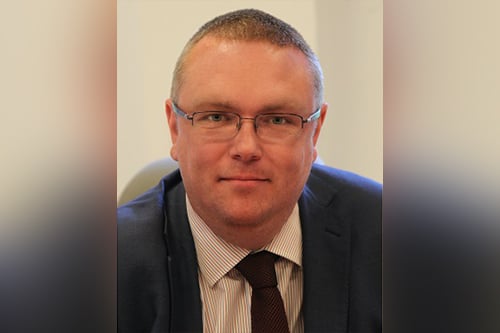

Ten weeks into lockdown – eleven, if you count working from home – seems barely credible. I remember posting on social media that the 19:04 from Cannon Street on that night in March felt a bit like the 3:10 to Yuma – a collection of people being led off into incarceration in which they could only imagine what it would be like. As we have noted in these pages before, the reality has been certainly functional and to a large extent bearable. Our market is trading remotely and commerce has continued.
On March 16, the London insurance market ceased to be concentrated in a 400-metre radius of EC3. It is now being run by a disparate community stretching from Suffolk to Sussex, Doncaster to Dorking and beyond. Our working environments have changed dramatically but we can still work. The services we provide are very different from what they might have been in February but, if anything, they are more vital. Insurance and the related services brokers provide underpin economic activity and, at times like these, economic survival. Never has that point been clearer.
It is not just the approach to work that has changed considerably for the broking community. The crisis has affected LIIBA members’ businesses and has also severely compromised the business models of their clients. Our duty of care and our responsibilities under the FCA handbook compel brokers to act always in the best interests of their clients. But more than that, it is just good business sense to do whatever you can to help people in their time of need. And from trade association to member to client, I have seen a community that has responded remarkably.
Not wishing to heap praise on my own outfit but I hope we have been playing a part in helping our members cope with corona. Sadly, we have had some members who have found their own businesses challenged. Helping them navigate the various government assistance programmes has been a key part of our support work. Members have had to furlough staff and apply for emergency loans. Putting them in touch with the right bit of HM Treasury to pursue this has been key.
We also liaised with the FCA when we noted areas where the lack of people in the office meant that strict compliance with handbook requirements was going to prove tricky. You probably won’t hear me say this often, but the FCA has responded really positively and effectively. Its people have shown flexibility around some of the client money issues such as what to do when clients pay by cheque and it will take longer than normal for someone to open the envelope and get to a bank. We have also discussed how the initiative to pursue test cases to aid clarity to some disputed business interruption insurance (BI) contracts might affect international business. Because a US client, say, with a global programme that includes an element of BI cover and is placed partly in London but also accesses capacity in a number of other centres, might be more confused than clear on the impact of a UK court judgement on their overall position.
Our members are also focussing on a lot of very different challenges. First and foremost, their motivation is to do whatever they can to help their clients get through this crisis – and that extends way beyond simply ensuring valid claims are paid and paid in full. We have members providing their expertise to shops and businesses on how they get back up and operating in a COVID-safe way. They are also providing an audit service so that those businesses have an independent verification of their processes to ensure their liability insurance is not affected.
We have security experts helping clients protect their assets when there are fewer people around. Members have been running seminars for risk managers on the challenges posed by the virus. And our members and LIIBA have been working hard to ensure that services at or near the frontline – care homes and hotels that have thrown open their doors to key workers to self-isolate – do not have their insurance position affected. All in all, a huge transfer of intellectual property from the broking community to the wider economy with no guarantee of an insurance purchase (which is the thing we get paid for) being made. But we have no conflict with this. Providing expertise to help clients survive is what we are here to do.
